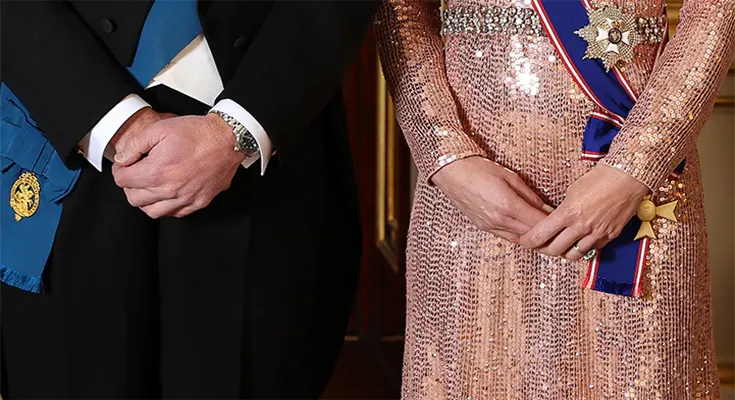
The Royal Ring’s Role in Royal Diplomacy: A Tool for International Relations
The royal ring has long been a symbol of power, status, and commitment, often seen in the form of engagement rings or other significant pieces of jewelry. These rings, especially when worn by members of royalty, carry more than just personal sentiment—they serve as a tool for diplomacy, fostering relations between nations, families, and cultures. Historically, royal families have used such rings to convey trust, unity, and political messages. The engagement ring, often given during royal marriages, is one of the most recognizable pieces in this context, symbolizing both a personal bond and a strategic alliance. But its significance goes far beyond romantic gesture; it is also an emblem of international cooperation and a bridge between nations.
The use of royal rings as a diplomatic tool can be traced back to ancient times. Rings were often exchanged during treaties or agreements to symbolize a pledge of loyalty or friendship. …
The Royal Ring’s Role in Royal Diplomacy: A Tool for International Relations Read More

